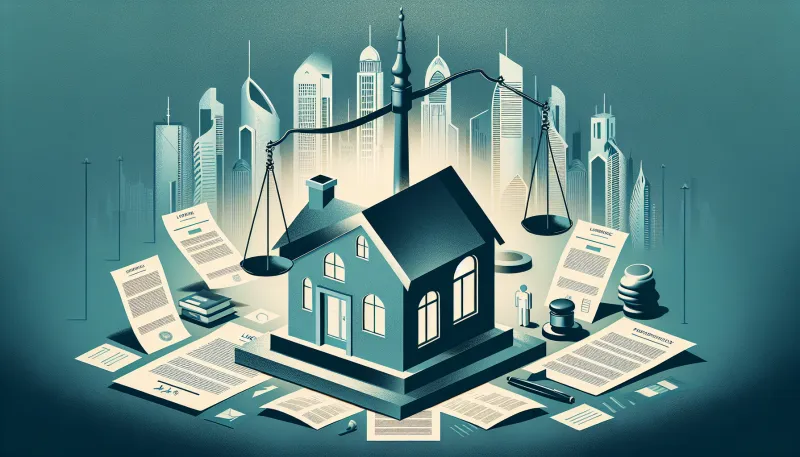
What happens to my home if I die? Understanding the process
When someone passes away, one of the pressing concerns for their loved ones is the fate of their home. Understanding what happens to a property after death can provide clarity and peace of mind. This article explores the various aspects surrounding the transfer and management of a home upon the owner's passing.
- Legal ownership of the home
- The role of a will
- Intestate succession rules
- Probate process and its impact
- Joint ownership and survivorship rights
- Mortgage considerations after death
- Taxes related to the home after death
- Selling the home after the owner’s death
- Options for heirs who want to keep the home
Legal ownership of the home
Legal ownership determines who has the rights to the property at the time of death. If the deceased owned the house solely, the property becomes part of their estate. If there were co-owners, such as a spouse, the ownership structure dictates what happens next, which could include automatic transfer of rights or division of shares.
The role of a will
A will is a legal document specifying who inherits assets, including the home. If the deceased left a valid will, the property will typically be distributed according to its instructions. Without a will, the property falls under the rules of intestate succession, which means the government decides who inherits based on legal guidelines.
Intestate succession rules
When a person dies without a will, intestate succession laws determine who inherits. These rules vary by jurisdiction but often prioritize close relatives such as spouses, children, or parents. The property may be divided among them or pass entirely to one party depending on the specific laws involved.
Probate process and its impact
Probate is the legal process of validating the will and administering the estate. During this time, the home is often frozen, meaning it cannot be sold or transferred until probate concludes. The executor of the estate oversees this process to ensure all debts, taxes, and distributions are handled correctly.
Joint ownership and survivorship rights
If the property is owned jointly, especially with rights of survivorship, the surviving owner(s) typically receive full ownership automatically. This arrangement bypasses probate, but it depends on the ownership form, such as joint tenancy or tenancy by the entirety.
Mortgage considerations after death
Any existing mortgage on the home does not disappear upon death. The estate or inheritors are responsible for continuing payments or settling the remaining balance. Failure to manage the mortgage can lead to foreclosure or forced sale of the property.
Selling the home after the owner’s death
Sometimes heirs decide to sell the home. This process can be complicated if multiple beneficiaries are involved or the property is part of probate. Clear communication and legal guidance are often necessary to navigate pricing, listing, and distribution of proceeds.
Options for heirs who want to keep the home
Heirs who wish to keep the home might need to refinance the mortgage in their name, buy out other heirs, or negotiate terms with lenders. Maintaining the property also involves ongoing responsibilities such as upkeep, taxes, and insurance.
Real Estate Market Researcher in the UAE and Middle East
















